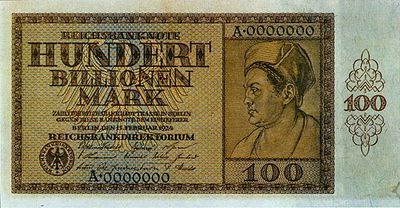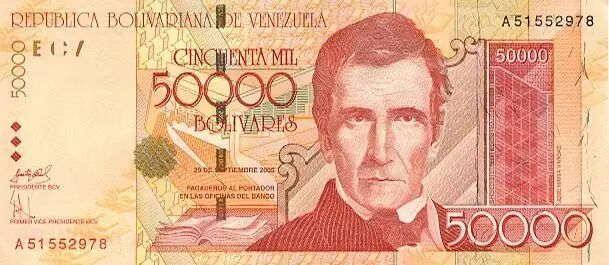- Joined
- Mar 16, 2015
- Messages
- 1,658
- Reaction score
- 147
I appreciate you taking the time to explain your position so now I will respond with where the mistakes are without calling you names. "Fiat money [...] has no inherent value, but that is usually a characteristic of fiat money, not the definition. [...] Fiat means let it be done in latin and is an official order by legal authority, not agreement (by decree).
Hah, I was right in my suspicion.
Here's where we stand: We have two characteristics shared by paper currencies such as the USD or the Euro, which we wish to apply the label 'fiat money to:
- no (significant) intrinsic value.
- Created, issued and adjusted by governments of nation states as mediums of exchange.
- intrinsic value independent of valuation by governing bodies
- not created, issued or adjusted by governments as mediums of exchange
We might also look to ambiguous cases, to clarify our concepts:
Consider A.) a non-personal, transferrable coupon in paper form to purchase something at a specific retailer. (no intrinsic value; not created, issued or adjusted by government) and B.) salt in the holy roman empire of the 12th and 13th centuries (intrinsic value; mined and sold by the "government"). How would we categorize those? As users of the currency we should be interested mainly in the stability of the currency as a holder of value across time and space. A is a significantly less stable holder of value (across time and space) than B. We could term A 'fiat', whereas B should not be called 'fiat'. While in B the medium of exchange - the salt itself - has been "created" by government, that it has value has *not* been created by government.
Paper money is not "fiat" because it - that is the concrete token - has been issued by a government, but because it's value has been created by government/societal agreement.
If the government decided to distribute bottled water as mediums of exchange, it wouldnt be fiat money. Sure, the government would "create" the water bottle, but it wouldnt create it's value, which is intrinsic.
Bitcoin may not have been created or issued by a government, but its value comes from societal agreement to accept it in trade for something that has intrinsic value. As soon as that agreement goes away, so does all value of bitcoin (and you cant even use it to light a fire or insulate your walls as you could with paper money). It is fiat money. (You're free to use the words in whatever way you like or feel is propagandistically beneficial to you, but you'll simply lose the meaning, that people are interested in when talking about these things: the social creation of value.)
Dollars are currency, not money
Yeah. I think I could have left it at this quote
You are obviously interested in definitions, semantics etc. The important thing in these endeavours is to never lose track of ordinary language use of words, or risk confusion and breakdown of communication. If you're seriously interested in academic discussion of these things and not just a consumer of silly bitcoin-youtube-videos I'd suggest you read up on the Carnapian notion of explication as the imho most useful approach to the "definition" of preexisting words. And when in doubt, create new concepts with clearly defined meanings, but, to quote Searle: "You just have to avoid saying things that are obviously false." (Interview: Conversations with History. John Searle, Berkeley 1999, 26:00.)
Last edited:




